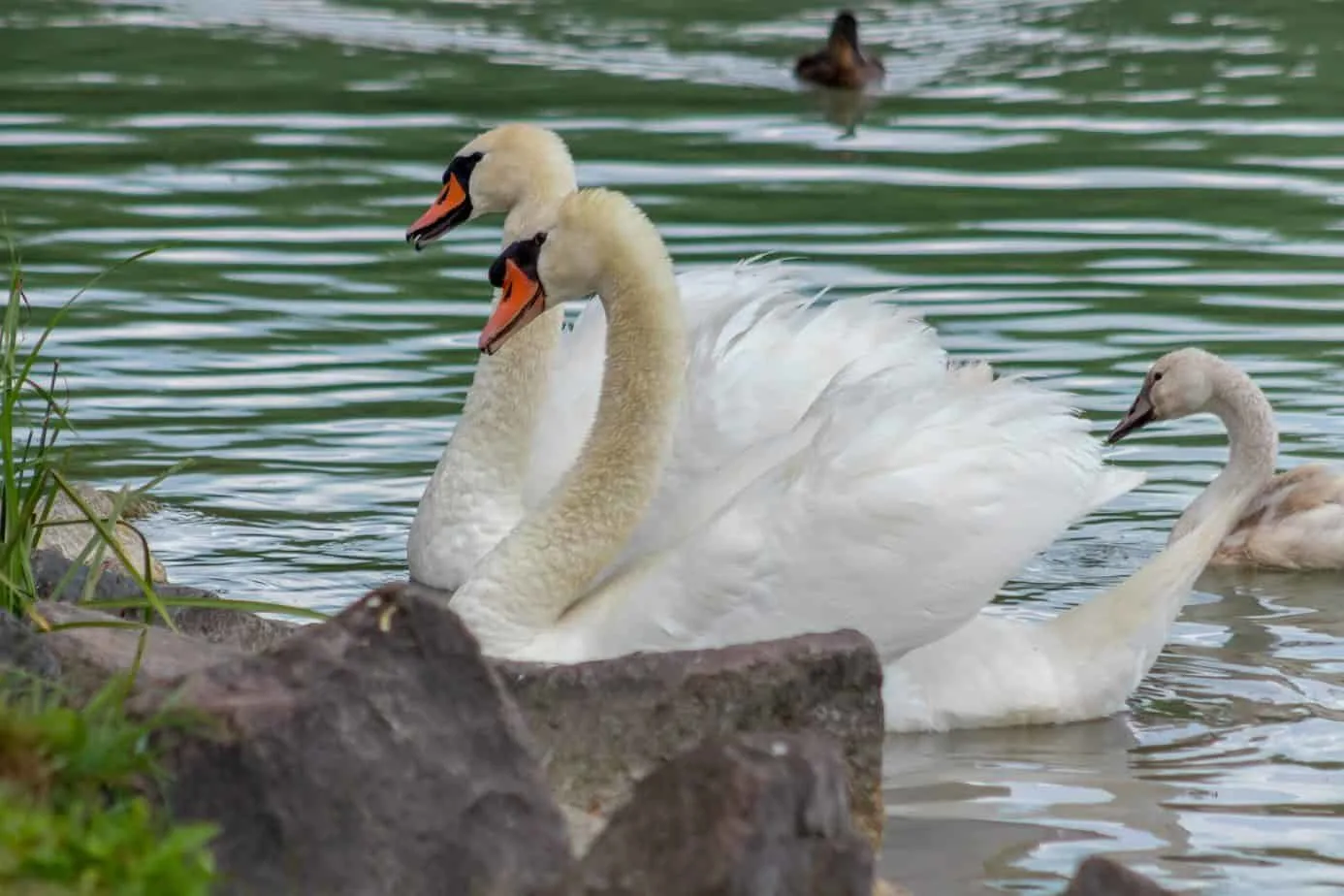Hello, hello thank you for stopping by. Today I have a great Irish poem again from William Butler Yeats.
In this poem, Yeats is sitting by a lake watching the swans swim by. He reflects on life and you will see the mention of life’s cycles throughout the poem. Written between 1916 and early 1917.
The final metaphor: “Delight men’s eyes when I awake some day / To find they have flown away?” is Yeats wondering who will look on the swans when he “awakes” which here is a euphemism for death.
Either way, a great Irish poem coming in at number 14 on the top 100 Irish poems list.
You can read it below and be sure to subscribe to my weekly dose of Irish where I share a top Irish poem every week.
The Wild Swans at Coole

The trees are in their autumn beauty,The woodland paths are dry,Under the October twilight the waterMirrors a still sky;Upon the brimming water among the stonesAre nine-and-fifty swans.The nineteenth autumn has come upon meSince I first made my count;I saw, before I had well finished,All suddenly mountAnd scatter wheeling in great broken ringsUpon their clamorous wings.I have looked upon those brilliant creatures,And now my heart is sore.All’s changed since I, hearing at twilight,The first time on this shore,The bell-beat of their wings above my head,Trod with a lighter tread.Unwearied still, lover by lover,They paddle in the coldCompanionable streams or climb the air;Their hearts have not grown old;Passion or conquest, wander where they will,Attend upon them still.But now they drift on the still water,Mysterious, beautiful;Among what rushes will they build,By what lake’s edge or poolDelight men’s eyes when I awake some dayTo find they have flown away?

Elaine Campion
Sunday 19th of February 2023
Hi! I don’t think ‘when I awake’ in the poem is a euphemism for death. He’s just referring to when the swans will fly away to set up home elsewhere, that will be a sad day for him, another marker of the passage of time.
Thanks for the poems and notes! Elaine